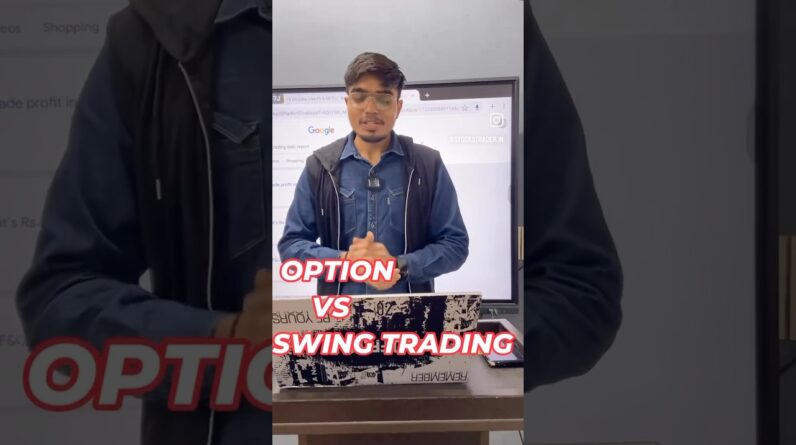After weeks of talk that Elon Musk would buy Twitter (NYSE: TWTR), he has made it official and is now the sole owner of the social media company.
Musk won his $44 billion takeover fight for the company on Monday, after its board dropped its opposition to his bid.
The San Francisco-based company agreed to sell itself to Musk for $54.20 a share, marking a 38% premium over the price of its stock on April 1, the day Musk disclosed a 9.2% stake in the firm.
Twitter’s board of directors announced on late Monday that it had unanimously accepted the Musk’s $54.20 per share bid, nearly two weeks after it was first made public.
The board had initially been skeptical but eventually succumbed to the pressure after Musk secured funding, which includes debt of $25.5 billion.
Musk was reportedly considering a tender offer that would he would have involved going directly to Twitter’s shareholders and snubbing the board.
The deal means Twitter will become a privately held company and make Musk, who owns 9.2% of the company, the sole owner of the platform. Twitter said the deal is expected to close later this year, subject to shareholder and regulatory approval.
“Free speech is the bedrock of a functioning democracy, and Twitter is the digital town square where matters vital to the future of humanity are debated,” Musk said in a statement.
“I also want to make Twitter better than ever by enhancing the product with new features, making the algorithms open source to increase trust, defeating the spam bots, and authenticating all humans. Twitter has tremendous potential – I look forward to working with the company and the community of users to unlock it,” he added.
Twitter’s chairman Bret Taylor said the deal was the best available for shareholders, despite valuing the company well below its stock price for much of 2021.
“The Twitter Board conducted a thoughtful and comprehensive process to assess Elon’s proposal with a deliberate focus on value, certainty, and financing,” Taylor said.
“The proposed transaction will deliver a substantial cash premium, and we believe it is the best path forward for Twitter’s stockholders,” he added.
Musk is the world’s richest person with an estimated net worth of $273.6 billion mostly due to his stake in EV maker Tesla (NASDAQ: TSLA) where he serves as CEO. He also owns SpaceX, Neuralink, and SpaceX.
Following the acquisition, Twitter temporarily banned its staff from making any changes to the platform. Any product change will have to be approved by a vice president to prevent employees who may not happy about the deal from going rogue.
Musk became Twitter’s largest shareholder earlier this month after he accumulated over 73 million shares, giving a stake of 9.2% worth about $2.9 billion.
After the stake was revealed, Twitter offered him a chance to join its board, but he turned it down. If he had accepted the board seat, he would have been barred from owning a stake of more than 14.9% in the company.
Musk, an avid Twitter user, has previously said he doesn’t have confidence in the company’s management and repeatedly criticized its content-moderation practices. Last month, he told his 85 million followers of the platform that he was giving “serious thought” to building a social media site.
“Given that Twitter serves as the de facto public town square, failing to adhere to free speech principles fundamentally undermines democracy,” Musk tweeted. “What should be done?”
Twitter had set an aggressive internal target to hit 315 million monetizable daily active users (DAUs) by December 2023 and to at least double its annual top line in that year. Currently, Twitter generates nearly 90% of its revenue from advertising, but it has struggled to attract advertisers.
Hours after Twitter accepted Musk’s offer, Amazon founder (NASDAQ: AMZN) Jeff Bezos quoted a tweet from a New York Times reporter suggesting that Tesla’s business interests in China could give the government leverage over Twitter through its new owner.
“Interesting question. Did the Chinese government just gain a bit of leverage over the town square?” Bezos tweeted.
Tesla has experienced tremendous growth in China, helped in part by cheap loans and tax breaks. However, the company came under fire last year after state regulators and media questioned its attitude toward customers.
Musk calls himself a ‘free speech absolutist’ and believes that social media sites should not delete posts that are offensive, but legal. He is also likely to allow former President Donald Trump an opportunity to recover his Twitter account and reconnect with his more than 88 million followers.
“Twitter should match the laws of the country,” said Musk at a recent TED conference. “If it’s a gray area, I would say let the tweet exist.”
Twitter currently bans violent, hateful, or abusive posts. The platform also prohibits misinformation related to the Covid-19 pandemic.
Early last year, the site permanently banned Trump’s account after a mob attacked the U.S. Capitol on January 6. Twitter linked several of his tweets to the violent protests and warned of the risk of further incitement of violence. Trump was also banned from Facebook, Snapchat, and YouTube.
Trump told Fox News he is not going to return to Twitter and instead he would be putting out messages on his social media site, TRUTH Social.
“I am not going on Twitter, I am going to stay on TRUTH,” he told the news outlet.
However, it remains to be seen whether Trump will stick to that promise given the struggles TRUTH Social has been facing as it attempts to attract users.
White House spokesperson Jen Psaki told reporters after the deal was announced that President Joe Biden “has long been concerned about the power of large social media platforms,” regardless of whoever runs or owns Twitter.
Musk is expected to join Twitter employees for a question-and-answer session at a later date.
The post Elon Musk’s $44 Billion Acquisition: What Happens Next? appeared first on Warrior Trading.
Original source: https://www.warriortrading.com/elon-musks-44-billion-acquisition-what-happens-next/



